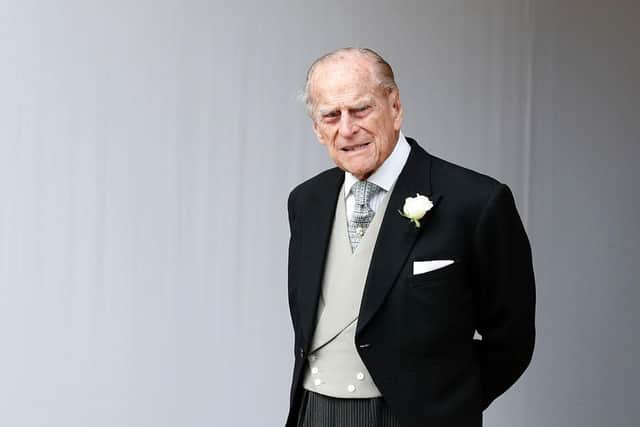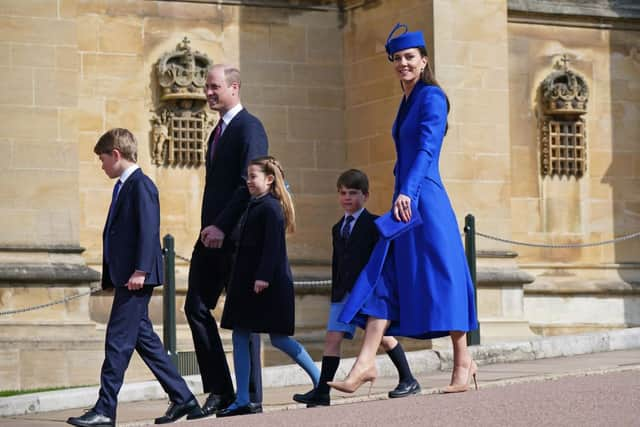Why was Prince Philip not a King? Royal line of succession explained - and who is next in line to throne
and live on Freeview channel 276
Following the death of Queen Elizabeth II, her son Charles became King Charles III with his wife Camilla Parker-Bowels becoming the Queen Consort. Ahead of King Charles' coronation on Saturday 6 May, many have started to wonder why Camilla has been issued the title of Queen Consort when Prince Philip was not called King.
This is everything you need to know.
Why was Prince Philip not a King?


While a woman who marries a King in Britain can be called a Queen - as with the Queen Mother - the rules are different for men who marry female monarchs like Queen Elizabeth II.
Advertisement
Hide AdAdvertisement
Hide AdThey cannot use the title “King” because this is only given to males who inherit the throne directly.
Prince Philip married Queen Elizabeth II in 1947 before she became the monarch in 1952.
She later awarded Philip the title of “Prince”, prior to which he was the Duke of Edinburgh - a title which he remained well-known by.
Who is next in line to the throne?
The order of succession is the sequence of members of the Royal Family in the order in which they stand in line to the throne.
Advertisement
Hide AdAdvertisement
Hide AdFollowing the death of Queen Elizabeth II, her son, Charles became the new King. His coronation will take place at Westminster Abbey on Saturday 6 May.
Following Charles is his oldest son, Prince William, the Prince of Wales. His children, rather than Prince Harry, are next in line to the throne in age order, from Prince George to Princess Charlotte and then Prince Louis.


Prince Harry, Duke of Sussex, follows next and then his son, Archie Mountbatten-Windsor.
The official royal family website sets out the line of succession as such:
SOVEREIGN
- The Prince of Wales
- Prince George of Wales
- Princess Charlotte of Wales
- Prince Louis of Wales
- The Duke of Sussex
- Prince Archie of Sussex
- Princess Lilibet of Sussex
- The Duke of York
- Princess Beatrice, Mrs. Edoardo Mapelli Mozzi
- Miss Sienna Mapelli Mozzi
- Princess Eugenie, Mrs. Jack Brooksbank
- Master August Brooksbank
- The Duke of Edinburgh
- Earl of Wessex
- The Lady Louise Mountbatten-Windsor
- The Princess Royal
- Mr. Peter Phillips
- Miss Savannah Phillips
- Miss Isla Phillips
- Mrs. Michael Tindall
- Miss Mia Tindall
- Miss Lena Tindall
- Master Lucas Tindall